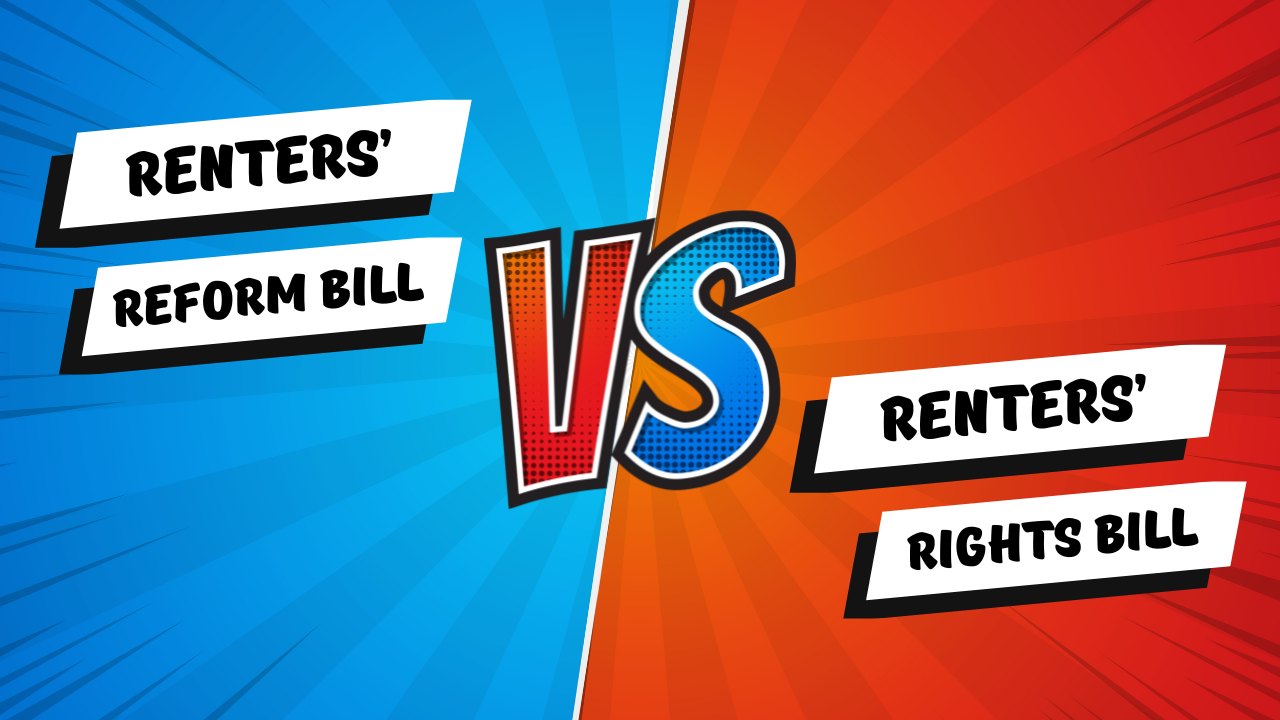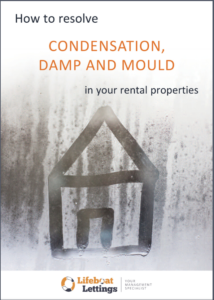
The Renters (Reform) Bill was an important piece of legislation proposed by the former Conservative Government that was intended to improve the private rental sector.
To ensure reform is still made within the sector, the Labour Party have introduced their version of the Renters (Reform) Bill, announced during the King’s Speech 2024, called the Renters’ Rights Bill.
The aim of their approach according to a Labour Party communication is “to give greater rights and protections to people renting their homes, including ending no-fault evictions and reforming grounds for possession”.
In this article we look at the key differences between the previous Renters (reform) Bill and the new Renters Rights Bill.
Abolishing Section 21
The main points surrounding the abolition of Sec 21 are as follows:
- Labour plan to abolish Section 21 ‘immediately’ – a key policy for the private rental reform -, whilst the Conservatives planned to take a more measured approach, planning to abolish Sec 21 only after the court process had been reformed.
- Deputy Prime Minister and Secretary of State for Housing, Communities and Local Government, Angela Rayner reiterated Labour’s stance last year, stating she would ban no-fault evictions immediately if Labour were elected.
- Abolishing Section 21 ‘no-fault’ evictions has been a contentious element of private rental reform for several years, with many worrying about what will replace this policy.
- Although a key part of the Renters (Reform) Bill, there was no confirmed explanation of how the Conservatives would ban Section 21 evictions. In October 2023, the Conservative government said banning no-fault evictions would only happen when” sufficient progress has been made to improve the courts”.
- In the Renters’ Rights Bill, Labour mentioned that as well as abolishing no-fault evictions, they will create “New clear and expanded possession grounds” to make it easier for landlords to reclaim properties when needed.
- However, just like the Conservatives’ Renters (Reform) Bill, this new legislation doesn’t state how they will ban the use of the Sec 21 process and reform the courts and/or possession process.
Rent increases
The concept of rent increases has come to the fore as another contentious issue, particularly since the cost-of-living crisis emerged:
- Labour’s Renters’ Rights Bill allows rent increases ‘only if it’s in line with market rates’. This is in alignment with the previous approach proposed by the Conservatives.
- The previous Renters (Reform) Bill white paper outlined the plan to end the use of rent review clauses. However, it was expected that landlords and agents would have been able to raise their rents once a year if it was in line with market rates using a process similar to Section 13 currently used.
- Under the existing legislation if a tenant believed the proposed increase was disproportionate, they could’ve disputed the raise and taken the case to a tribunal.
- In the Renters’ Rights Bill, Labour has pledged to strengthen tenants’ rights associated with rent increases.
- While the bill is lacking details as to how they will achieve this, Labour has pledged to “challenge rent increases designed to force them out” as well as end “rental bidding wars by landlords and letting agents”.
🔑 Discover Effortless Kent Property Management with Lifeboat Lettings! 🔑
Struggling with property regulations? Let us be your compass.
Lifeboat Lettings specialises in hassle-free property management, ensuring your investments stay compliant and stress-free.
🏡 Stay Compliant:
Navigating PRS regulations is our expertise.
Sail confidently, knowing we keep your property compliant at all times.
⏰ Minimize Stress:
We handle everything – from tenants to maintenance.
Your investment sails smoothly while you enjoy peace of mind.
🌊 Sail to Success:
Let’s navigate toward prosperity together.
Decent Homes Standard
Finaly, here is a summary of the differing approaches to Decent Homes Standard:
- Both the Conservative’s Renters (Reform) Bill and Labour’s Renters’ Rights Bill include a Decent Homes Standards? In the case of the latter it also includes ‘Awaab’s Law’.
- The Renters (Reform) Bill was the first piece of legislation that required a minimum housing standard for the private rental sector.
- During the committee stage of the Bill, it was confirmed that a Decent Homes Standard, which initially was only applied to the social housing sector, would now apply to private housing as well.
- The Conservative Government announced that local authorities would have been given further powers to ensure landlords are maintaining their homes to a decent standard. This included a £30,000 fine or banning order.
- The Labour Party decided to take the standard of private housing further by integrating the Decent Homes Standards and Awaab’s Law through the Renters’ Rights Bill.
- Labour has committed to ensuring homes are safe, secure and hazard-free. Awaab’s Law which is currently applied to the social housing sector will ensure that landlords will be set to legal expectations and time frames to ensure that hazards in the home are dealt with within a specific time frame.
The Labour Party’s Renters’ Rights Bill introduces significant changes to the private rental sector, aimed at providing more protection for tenants. However, with many aspects of the bill still unclear, landlords and property investors in Kent should stay informed about these developments. The proposed immediate abolition of Section 21, potential rent increase limitations, and stricter Decent Homes Standards could have a substantial impact on your rental business.
At Lifeboat Lettings we understand that navigating these legislative changes can be challenging. We are here to provide you with expert advice and support to ensure you remain compliant and make informed decisions. If you have any concerns or need assistance with how these proposed changes might affect your property investments, don’t hesitate to contact us. Our team is dedicated to helping landlords in Kent thrive in this evolving rental market.
If you would like some help with any of the subjects covered above or anything else relating to properties or lettings, please email contact@lifeboatlettings.com.





